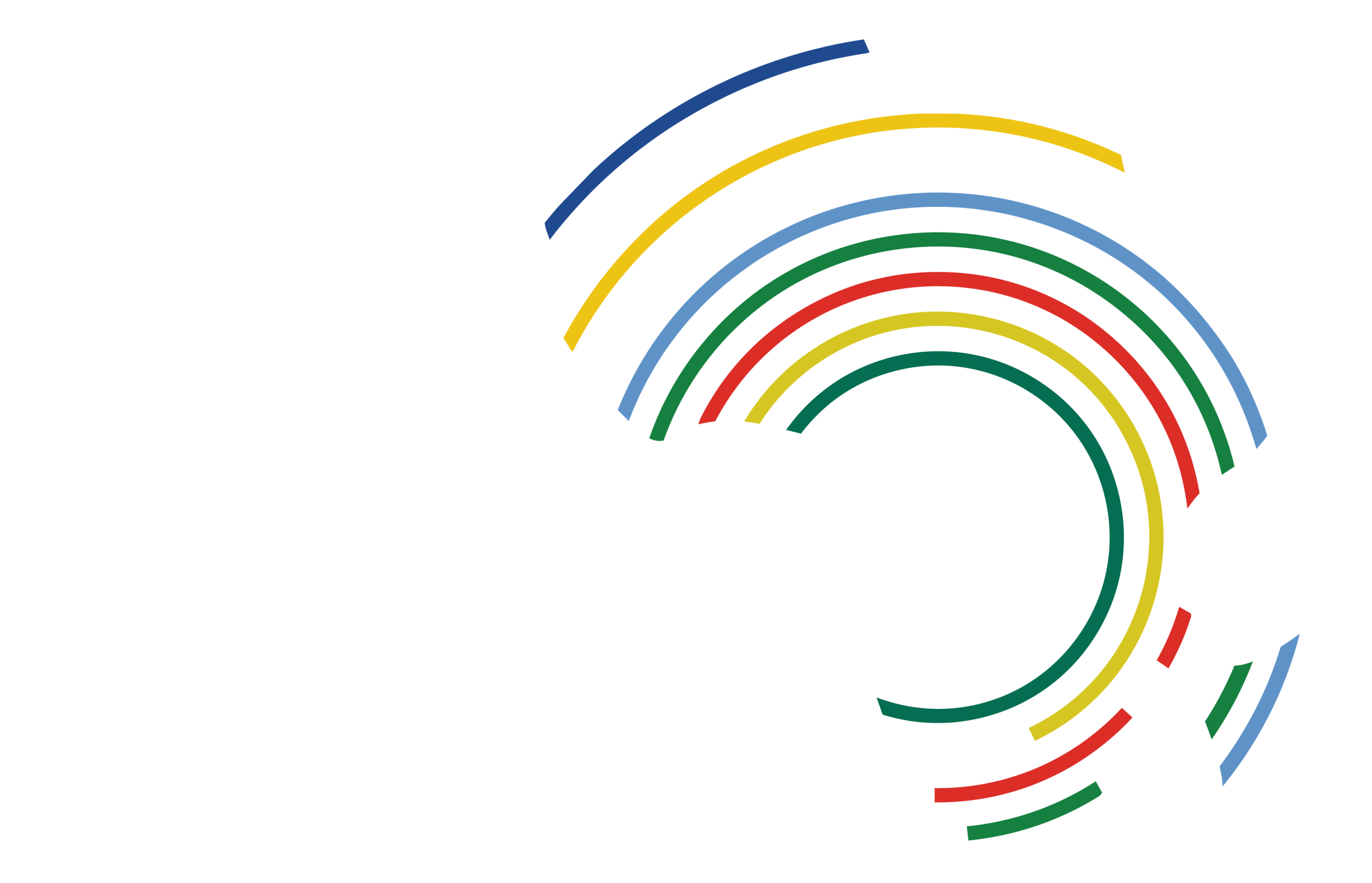By Patrick Smith
A decade ago, at a high-level discussion hosted by the Mo lbrahim Foundation, some of Africa’s foremost economists debated steps to ensure the prosperity of the nascent African Continental Free Trade Area (AfCFTA). An unexpected voice emerged, one of Nigeria’s leading media magnates, a publisher: “Isn’t it obvious?” he asked. “Africa’s two biggest economies, Nigeria and South Africa, should lead — announcing a bilateral free trade pact and inviting fellow nations to join.”
He drew a parallel with Europe’s single market, catalysed by the 1950 post-war Coal and Steel alliance between longtime adversaries France and West Germany. The 1958 Treaty of Rome expanded that foundation — melding economies and discouraging conflict.
Today, the European Union boasts 27 members and 10 applicants, despite copious bureaucracy and rivalry. It remains globally impactful — a possible template for the African Union founded in 2002. That was propelled by the political drive of South Africa’s Thabo Mbeki, Nigeria’s Olusegun Obasanjo, and Senegal’s Abdoulaye Wade.
Yet, for AfCFTA, absent is the political drive voiced by that publisher — whose Nigeria was among the last countries to ratify the agreement. It took a bilateral initiative from South Africa’s Cyril Ramaphosa to persuade Nigeria’s Muhammadu Buhari to sign up in 2019.
Five years later, with treaties ratified, people still await discernible benefits and timelines for a single African market and currency. But no government readily abdicates economic sovereignty without major return. Many of these issues are political tasks including generating popular enthusiasm for the project. Garnering popular enthusiasm has confounded even the EU — arguably a subtext of Britain’s 2016 Brexit schism.
Official trading under the AfCFTA protocols began on 1 January, 2021. But it was a soft launch given the reality that most of the world was still in pandemic purdah. And China, Africa’s biggest trading partner, was following one of the strictest ‘zero-Covid’ regimes and had cut back massively on its imports.
Insularity and regionalisation supplanted globalisation as the economic doctrine of choice in the post-pandemic years. The IMF cautioned that traditional economies were gazing inward precisely as Africa ventured into free trade. And AfCFTA constitutes history’s most daring economic alliance — with a continent-wide population of 1.43 billion and $3.4 trillion GDP rivalling India and Britain.
